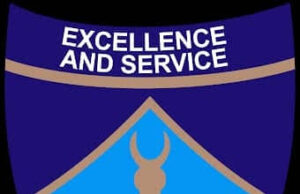A Federal High Court sitting in Lagos, yesterday, adjourned a hearing on a suit against the proposed new national carrier, Nigeria Air, till February 13, 2023, following a conflict of interest by the plaintiff airlines.
At the resumed hearing, the court was presented with a counter-motion by two airline operators, opposing the earlier suit by the Airline Operators of Nigeria (AON) against Nigeria Air.
The plaintiff (AON members) immediately objected to the counter-motion and justified that the main suit validly originated from the larger AON. Hence, the defence counsel requested an adjournment to study the development.
READ ALSO: Vietnam President Resigns Amid Anti-Corruption Probe
The bid to establish a new national carrier with Ethiopian Airlines (ET) owning a dominant share had drawn the ire of local airlines under the aegis of AON.
The operators had urged the court to stop the national carrier deal and withdraw the Air Transport Licence (ATL) already issued to Nigeria Air by the Federal Government, through the Nigerian Civil Aviation Authority (NCAA).
Operators, like Air Peace, United Nigeria, Azman, and Top Brass, claimed that the firm that served as Transaction Adviser for the transaction was incorporated in March, last year, and alleged that the company was linked to the aviation minister. The local airlines further alleged that the ATL issued to Nigerian Air did not pass through normal security clearance.
The court in November 2022 had ordered all parties involved in the proposed national carrier to maintain the status quo till January 16, effectively truncating the December take-off date as pledged by the Minister of Aviation.
Similarly, the defence counsels had filed a motion of notice to transfer the case to another jurisdiction. An affidavit in support of the motion on notice sworn to by Des-Bordes Felicia, counsel to the defendants, Nigeria Air (1st defendant), Hadi Sirika (3rd defendant) and Attorney General of the Federation (4th defendant), argued that hearing of the suit in Lagos would add financial burden on the defendants.










